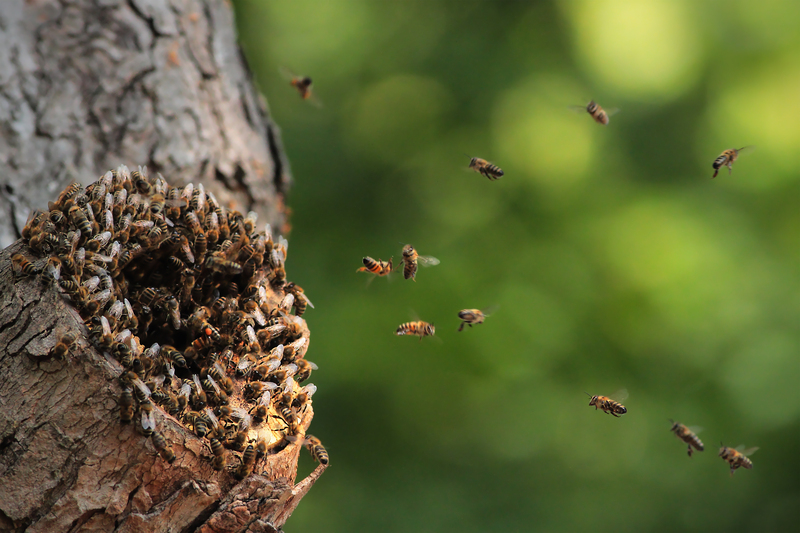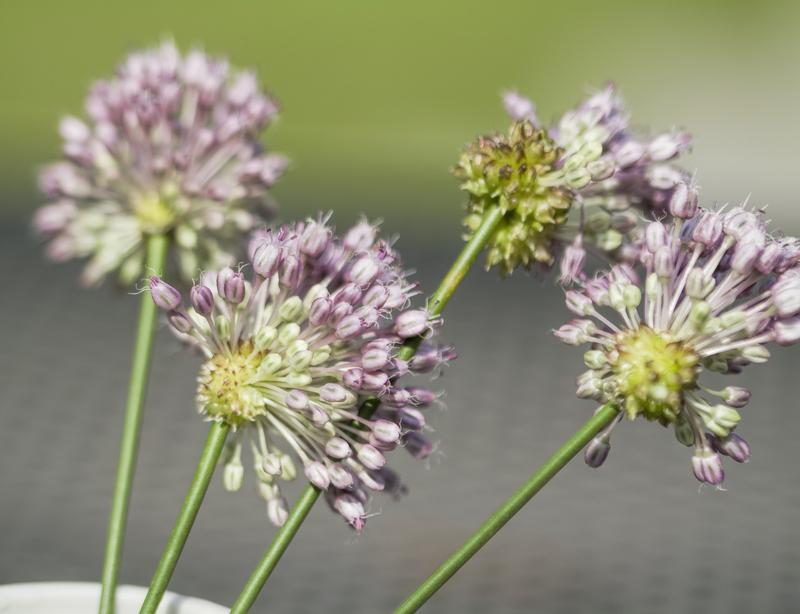Master the Art of Gardening with 9 Key Tips for Newbies
Posted on 28/09/2025
Master the Art of Gardening with 9 Key Tips for Newbies
Are you ready to cultivate your green thumb and embark on a rewarding gardening journey? Whether you dream of a lush backyard haven or a productive veggie patch, mastering the art of gardening starts with expert-backed advice. In this detailed guide, discover essential techniques and practical tips for beginners to transform your outdoor spaces--no prior experience required!
Why Gardening is a Skill Worth Learning
Gardening offers a multitude of benefits--from reducing stress to promoting sustainability and boosting your property's curb appeal. For beginners, learning the fundamentals of gardening ensures healthier plants, less frustration, and more vibrant results. These must-know strategies lay the groundwork for flourishing plants and lasting enthusiasm.

9 Essential Gardening Tips for Beginners
Below, you'll find nine expert-approved gardening tips for newbies that cover everything from soil selection to pest management. Bookmark this guide to reference as you master the art of gardening!
1. Start Small and Choose the Right Location
It's tempting to envision an expansive garden right away, but starting small helps you avoid feeling overwhelmed. Focus on a manageable plot or a few containers. Evaluate your sunlight and shade patterns, as most edible and flowering plants need at least six hours of direct sunlight each day.
- Select an area near a water source for convenient irrigation.
- Observe how sunlight moves through your space before choosing your garden's spot.
- Consider raised beds or pots if your soil or yard layout isn't ideal.
2. Know Your Soil
Understanding your soil is the backbone of successful gardening. Perform a simple soil test to analyze pH and texture, or invest in a soil testing kit for a detailed breakdown. Good soil is rich in organic matter, well-draining, and teeming with beneficial microbes.
- Improve soil quality by mixing in compost or aged manure.
- Test soil pH and adjust with lime (to increase pH) or sulfur (to decrease pH).
- Avoid compacted soil which restricts root growth and water penetration.
3. Select Beginner-Friendly Plants
Not all plants are created equal. For newcomers, opt for varieties that are resilient, low-maintenance, and suited to your climate. Focus on plants praised for being forgiving--herbs like basil and chives, leafy greens, sunflowers, and marigolds are excellent starters.
- Read plant labels carefully for sunlight and water requirements.
- Visit a local nursery for region-specific advice.
- Mix annuals and perennials for easy wins and year-round interest.
4. Learn Proper Watering Techniques
Good watering habits are a game-changer for your garden's success. Too much or too little water is a common beginner mistake. Water deeply, but less frequently; this encourages plant roots to grow deeper, making them more resilient.
- Irrigate early in the day to minimize evaporation and fungal issues.
- Check soil moisture by sticking your finger about an inch deep--if it's dry, it's time to water.
- Mulch around your plants to retain moisture and suppress weeds.
5. Master the Timing: When to Plant
Timing matters! Each plant has an ideal window for sowing, transplanting, and harvesting. Reference your USDA Plant Hardiness Zone or local charts to match your efforts to the seasons. Plant too early and you risk frost damage; too late, and your crops might not mature.
- Use seed packets as your guide--they include valuable timing info.
- Start with transplants (baby plants from the store) for a head start.
- Stagger plantings for a continuous harvest all season.
6. Feed Your Garden Regularly
Just like people, plants thrive with the right nutrients. Fertilize with organic compost, worm castings, or slow-release granules. Over-fertilizing can harm your garden, so follow label instructions and err on the side of caution.
- Apply compost twice a year, in spring and late summer.
- Avoid high-nitrogen fertilizers for flowering plants; they promote leaves over blooms.
- Rotate your crops annually to prevent nutrient depletion and disease buildup.
7. Battle Pests and Diseases Naturally
Common pests and diseases can be discouraging for new gardeners, but natural prevention and control methods are surprisingly effective. Attract beneficial insects like ladybugs and lacewings, and use barriers or netting for defense. Always inspect plants regularly for early signs of trouble.
- Remove dead or damaged leaves promptly to halt disease spread.
- Encourage biodiversity to keep pest populations in check.
- If infestations occur, try neem oil, insecticidal soap, or hand-picking, avoiding chemical pesticides unless absolutely necessary.
8. Prune and Deadhead for Healthier Plants
Pruning isn't just for aesthetics--it stimulates healthy growth, improves airflow, and boosts flower or fruit production. Regularly remove dead, damaged, or overgrown stems. Deadheading (removing spent blooms) on flowers like roses and petunias encourages more blossoms.
- Use clean, sharp tools to avoid spreading disease.
- Don't prune heavily during the active growing season; research each plant's preferred schedule.
- Disinfect clippers between cuts on diseased plants to prevent contamination.
9. Keep Learning, Experimenting, and Journaling
The best gardeners are lifelong learners. Track your successes and setbacks in a dedicated garden journal, and don't be afraid to try new plants or techniques each season. Connect with online forums or attend local gardening workshops for community and tailored advice.
- Document what you plant and when, plus weather patterns and outcomes.
- Share your adventures and ask questions online or with neighbors.
- Be patient and celebrate progress--even mistakes are valuable lessons on your gardening journey.
Bonus: Must-Have Tools for New Gardeners
To master the art of gardening, arm yourself with a few essential tools for easier, more enjoyable work:
- Hand trowel and cultivator for digging and weeding.
- Pruning shears for snipping and shaping plants.
- Gardening gloves to protect your hands.
- Watering can or hose with a gentle spray nozzle.
- Sturdy rake for cleaning up beds.
- Kneeling pad for comfort during longer sessions.

Frequently Asked Questions: Gardening for Beginners
How do I start gardening with no experience?
Begin with a small area or a few pots, research plant choices suited to your region, and focus on learning basic skills one step at a time. Embrace mistakes as learning opportunities!
What are the easiest plants for new gardeners?
Try fast-growing, resilient picks like cherry tomatoes, lettuce, basil, marigolds, and sunflowers--they offer quick rewards and are very forgiving of beginner errors.
How often should I water my plants?
Most gardens thrive with deep watering 1-2 times per week, but always check the soil moisture and consider your climate and plant variety. Overwatering is as risky as underwatering.
When is the best time to garden?
Early morning or late afternoon is ideal to avoid heat stress on both plants and gardeners. Consult your local climate chart for specific planting and harvesting windows.
Conclusion: Embrace Your Gardening Adventure
Mastering the art of gardening is a continuous, deeply rewarding process. By starting small, nurturing your soil, choosing beginner-friendly plants, and staying curious, you'll build the confidence and skills needed to watch your green sanctuary flourish. Every seedling you plant brings you closer to a healthier, happier home--and a lifelong love of gardening.
Ready to dig in? Grab your gloves, follow these nine essential tips, and start your journey toward gardening mastery today!
Happy gardening!
Latest Posts
Master the Art of Gardening with 9 Key Tips for Newbies
Guarding Your Green Spaces from Severe Weather
Creating a Kid-Approved Outdoor Space
Crafting a Safe and Fun Garden for Children
Creating Wind-Resilient Gardens: Practical Ideas for Every Yard

